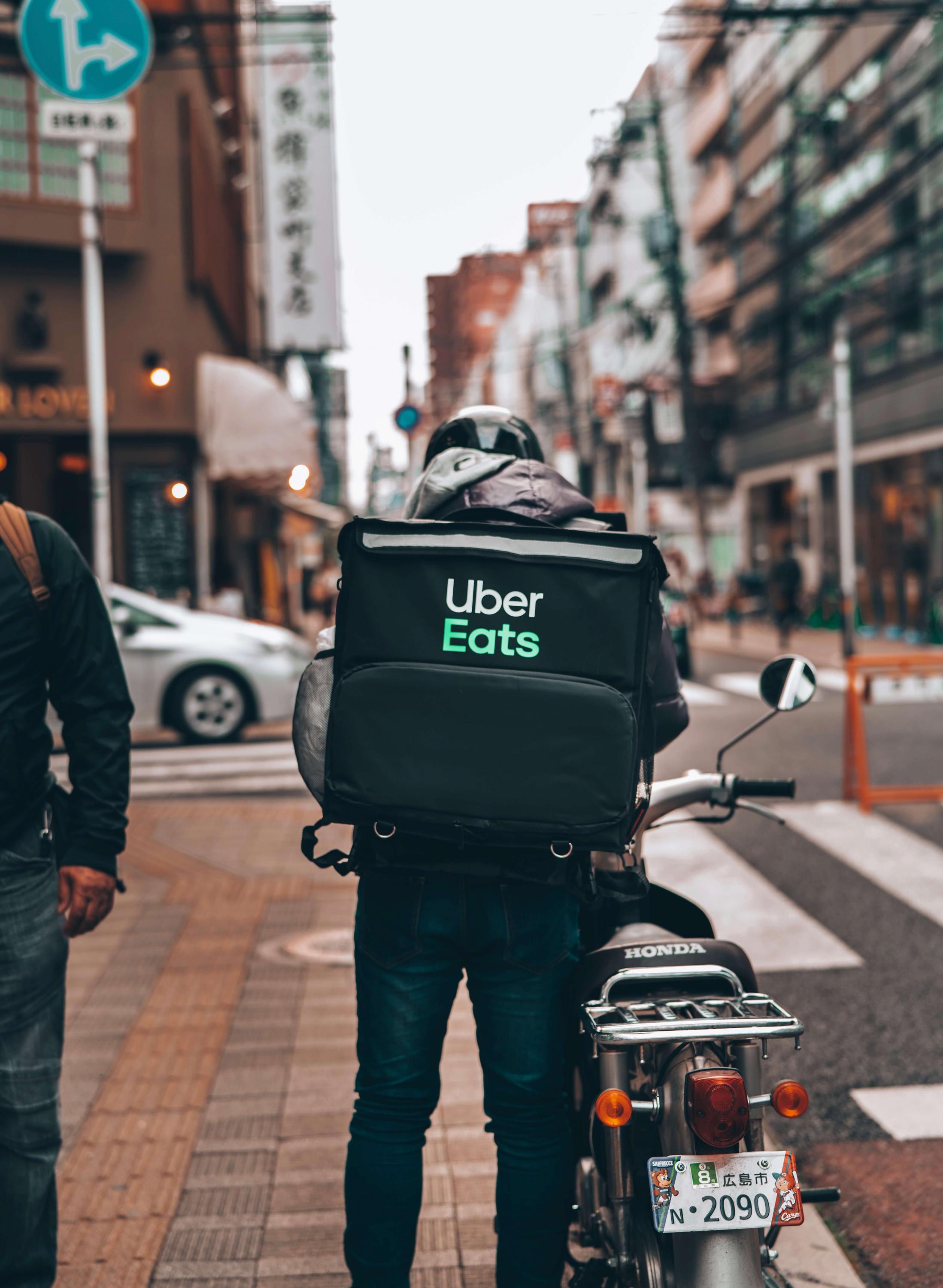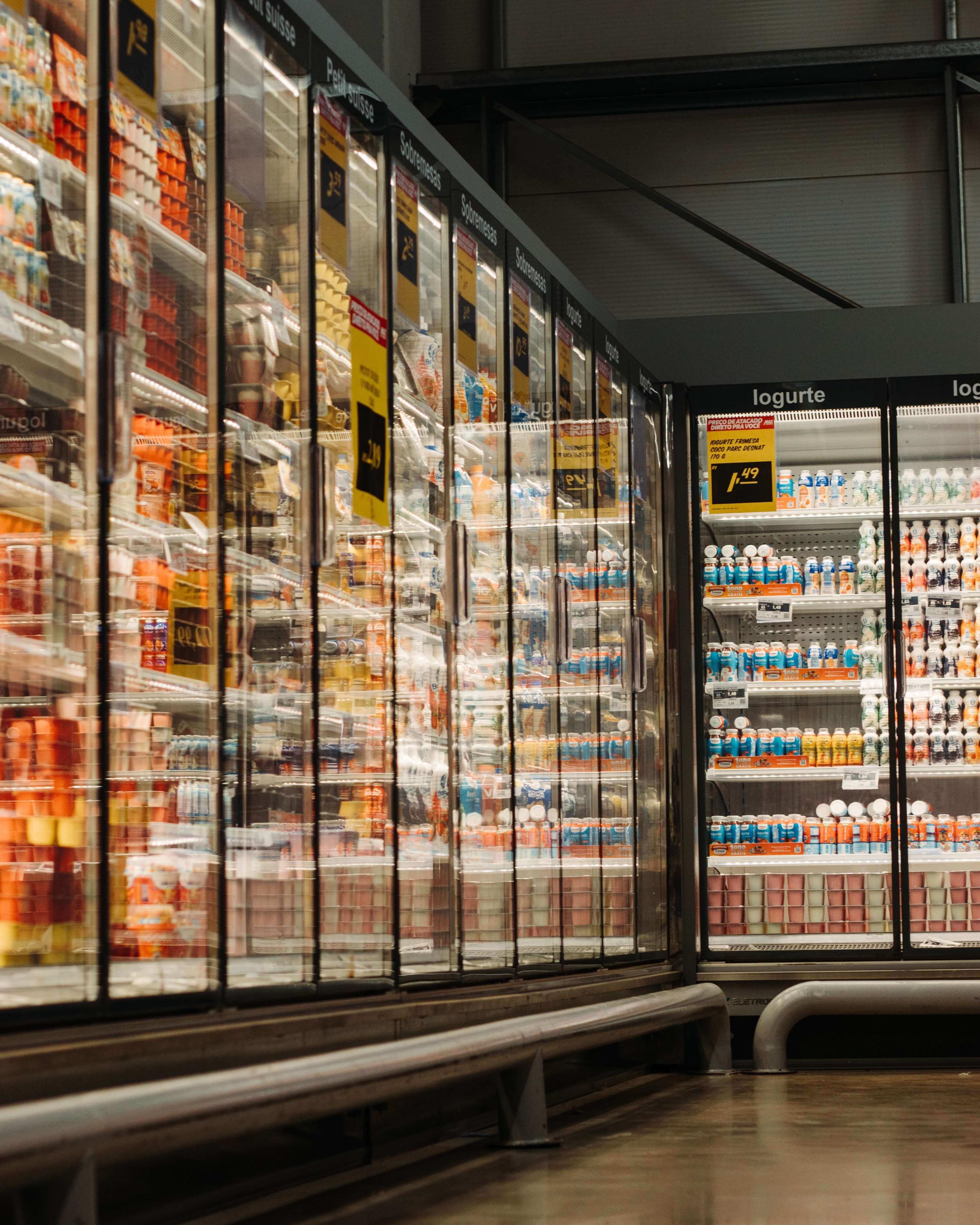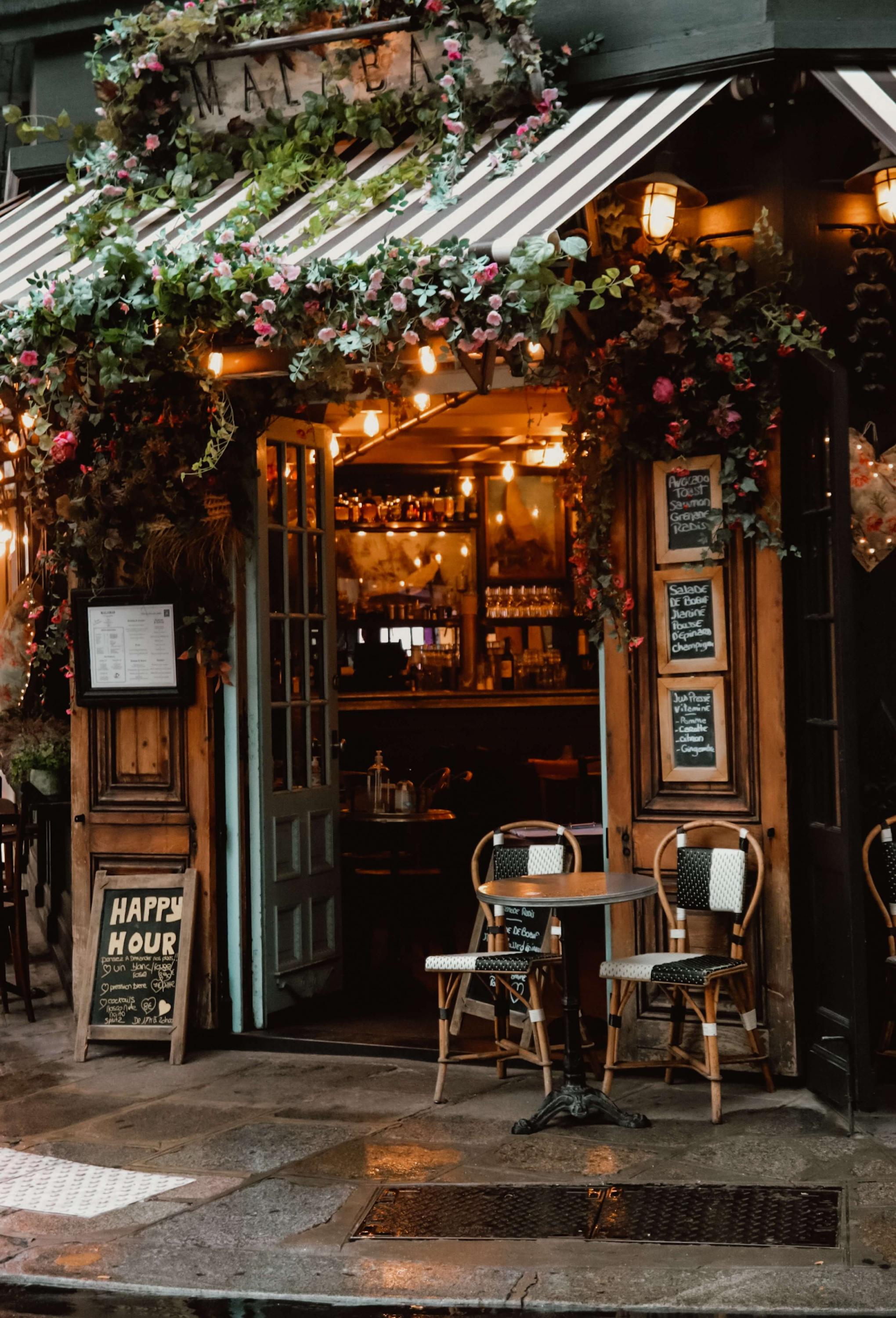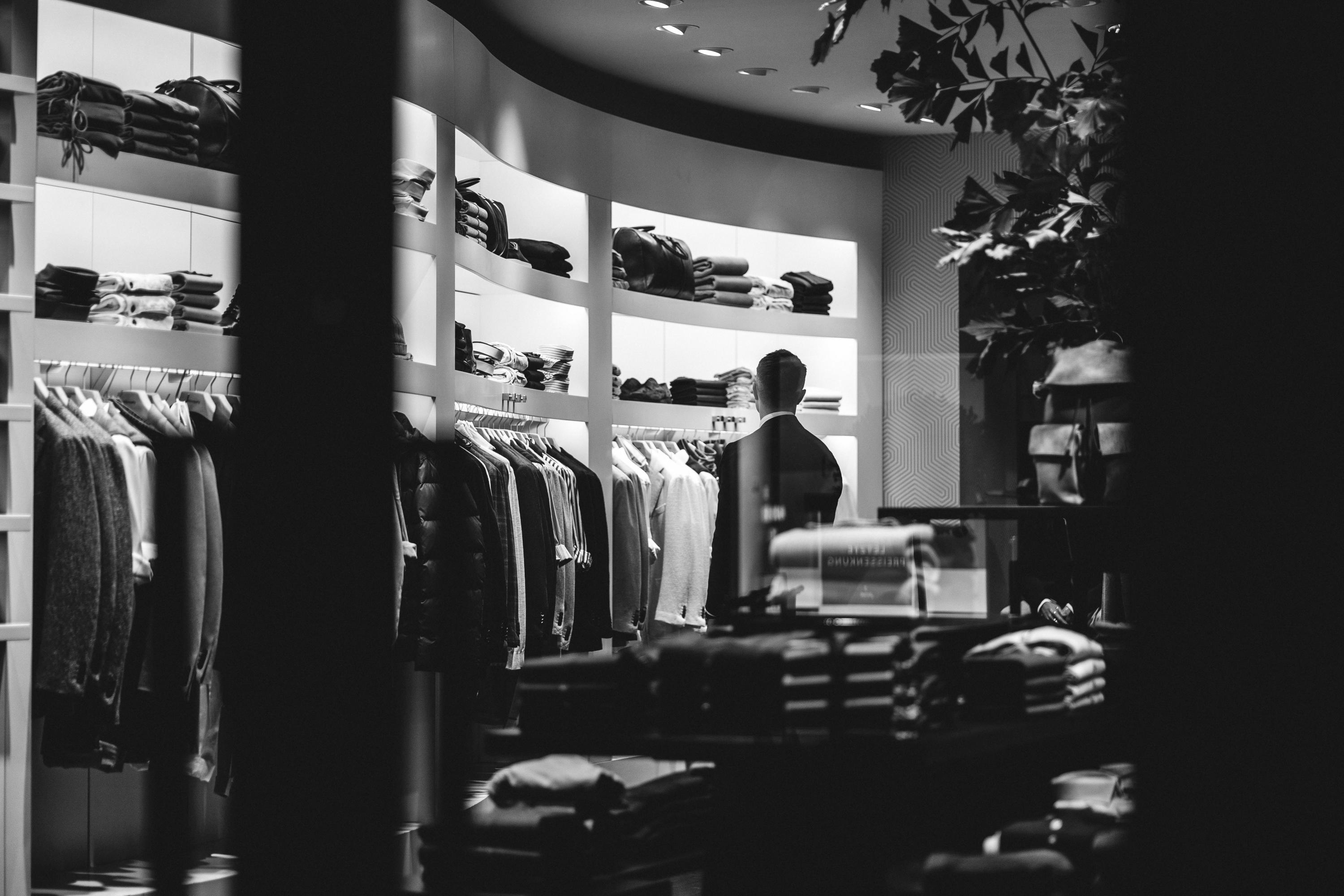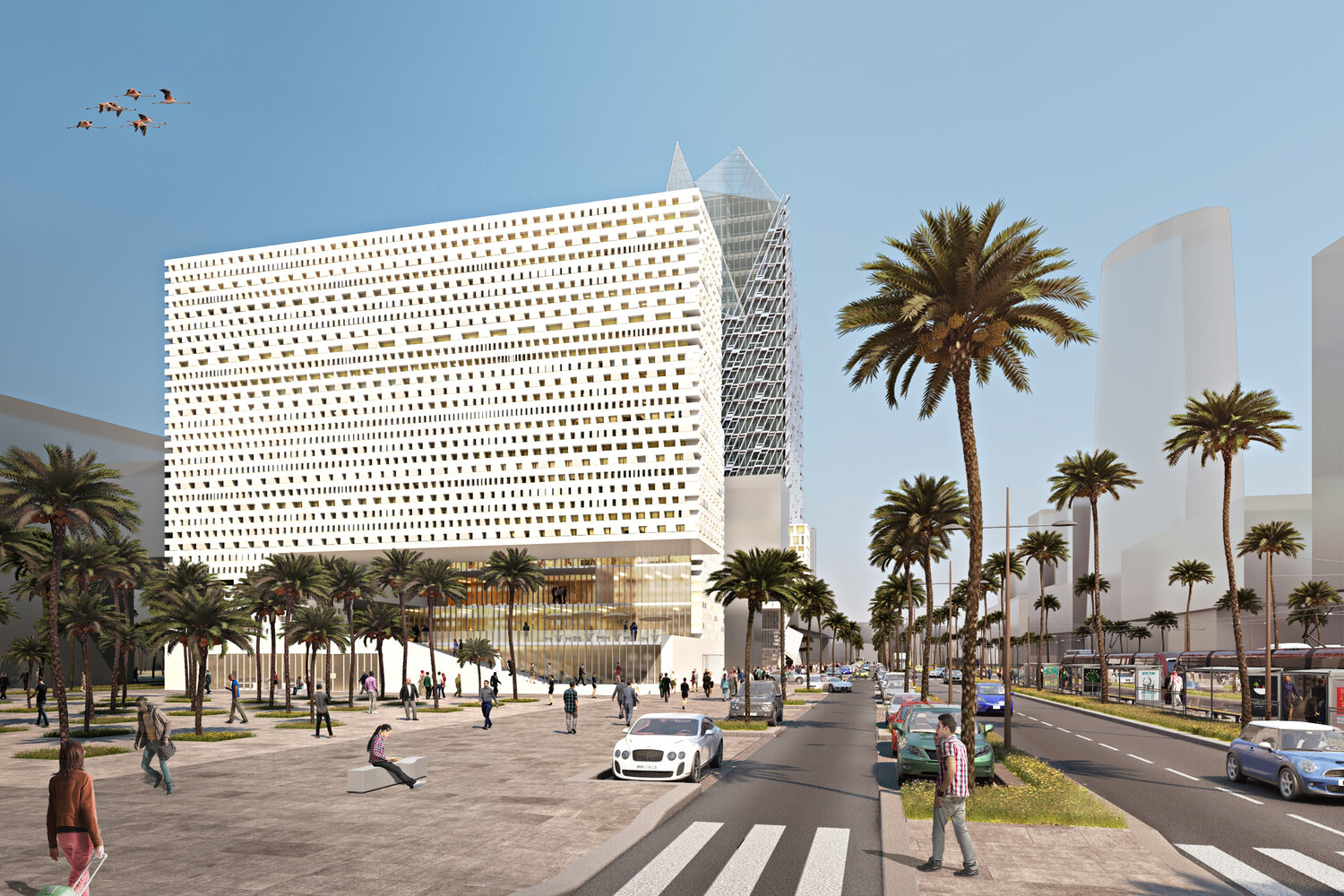Today, over 50% of French people have already tried one of the food delivery services (Source : Cnews). Middle class populations, located in denser urban areas and accustomed to digital and e-commerce are also helping to attract new services and business models to major cities.
Before the Covid crisis, the historical brakes on home delivery were essentially still linked to a lack of trust (impossible to test, touch the products, especially fresh ones), the limited choice of products on the platforms, the habit of the "physical experience", the delivery time (not always practical), as well as the fear linked to the freshness and "durability" of the products received in delivery...
September in Paris was marked by the arrival in the capital of Yango Deli, the new shopping delivery service launched by the Russian tech giant Yandex. After 5 cities in Russia and the recent launch in Tel Aviv, Yango Deli is now conquering Paris and London. What does it promise? Your fresh food shopping delivered in 15 minutes by bike or electric scooter. No minimum order unlike other services: Yango is banking on small, spontaneous and frequent purchases.
